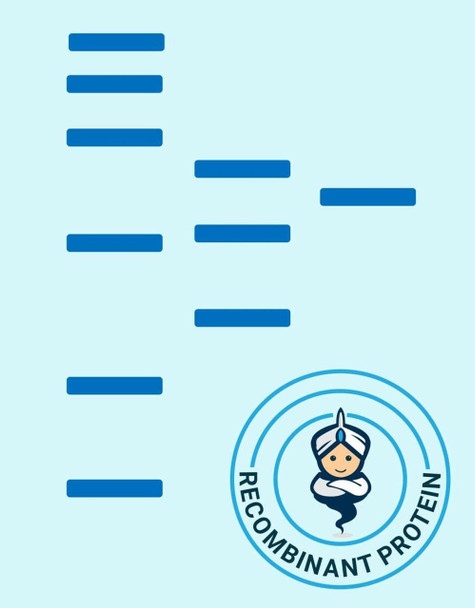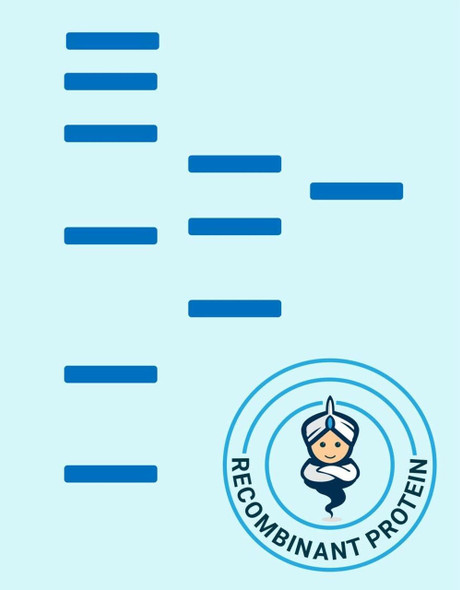| Sequence: | MCPQKLTISWFAIVLLVSPLMAMWELEKDVYVVEVDWTPDAPGETVNLTCDTPEEDDITWTSDQRHGVIGSGKTLTITVKEFLDAGQYTCHKGGETLSHSHLLLHKKENGIWSTEILKNFKNKTFLKCEAPNYSGRFTCSWLVQRNMDLKFNIKSSSSSPDSRAVTCGMASLSAEKVTLDQRDYEKYSVSCQEDVTCPTAEETLPIELALEARQQNKYENYSTSFFIRDIIKPDPPKNLQMKPLKNSQVEVSWEYPDSWSTPHSYFSLKFFVRIQRKKEKMKETEEGCNQKGAFLVEKTSTEVQCKGGNVCVQAQDRYYNSSCSKWACVPCRVRS |
| Accession: | P43432 |
| Storage: | Generally, lyophilized proteins are stable for up to 12 months when stored at -20 to -80°C. Reconstituted protein solution can be stored at 4-8°C for 2-7 days. Aliquots of reconstituted samples are stable at < -20°C for 3 months. |
| Shipping: | This product is provided as lyophilized powder which is shipped with ice packs. |
| Formulation: | Lyophilized from sterile PBS, pH 7.4 Normally 5 % - 8 % trehalose, mannitol and 0.01% Tween80 are added as protectants before lyophilization. Please refer to the specific buffer information in the printed manual. |
| Reconstitution: | Please refer to the printed manual for detailed information. |
| Background: | Interleukin 12 (IL-12) is the founding member of the IL-12 family of heterodimeric cytokines, which have important immunological functions. IL-12 is composed of two disulfide-linkedsubunits of 35 kDa and 40 kDa, respectively. The 35 kDa subunit (p35) is an α-helical protein homologous to IL-6 and GCSF.The 40 kDa subunit(p40) contains one fibronectin type III and one Ig C2-like domain, and has a high degree of structural homology to type I cytokine receptors. Whereas p35 subunit is unique to IL-12,the p40 subunit is also utilized in IL-23.Mature rat p35 is a 194 amino acids (aa) protein that is secreted as a heterodimer linked to p40. It contains three potential N-linked glycosylation sites and shares 86%, and 58% aa sequence identity with mouse and human p35, respectively. Mature rat p40 contains 313 aa and can exist in multiple forms, including monomer, homodimer, heterodimer linked to p19 (forming IL23), and heterodimer linked to p35 (forming IL-12). IL12 facilitates hematopoietic stem cell proliferation, induces NK cell proliferation, and potentiates the expansion and late activation of Th1 CD4+ T cells. |






